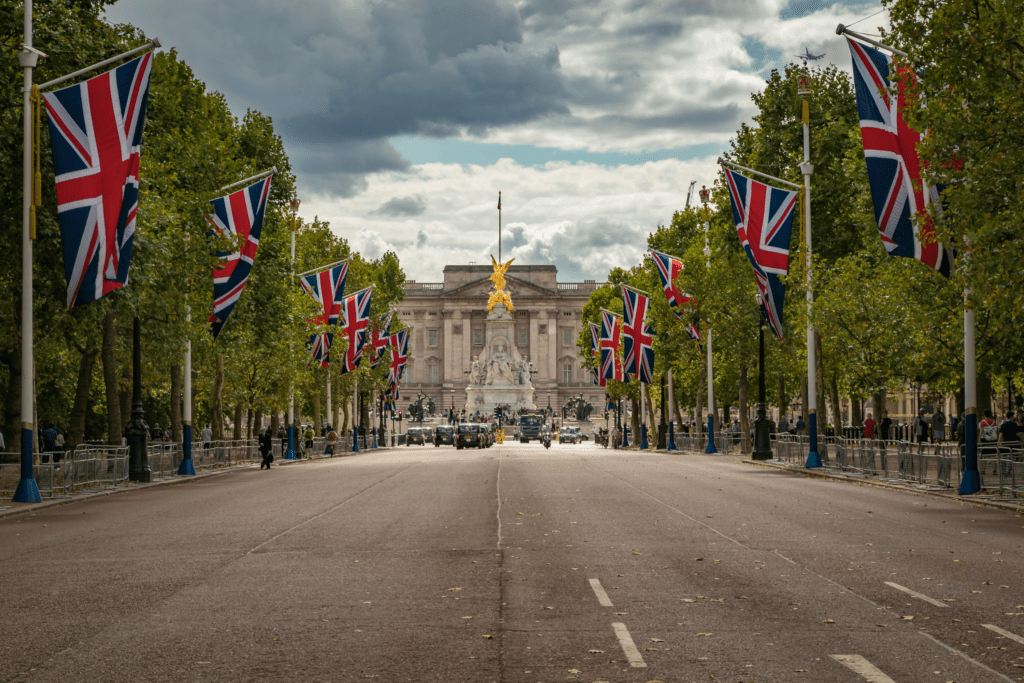The UK economy had strong growth in the first half of 2024, outperforming other G7 countries. Still, this solid recovery is complicating the budget strategy of the new Labour government. Chancellor Rachel Reeves faces hard choices on tax rises and spending cuts when the economy is slowing, in the Autumn Budget.

The UK economy has been on a rollercoaster ride and displayed solid growth between April and June 2024, continuing a recovery that had started in the first quarter after the short-lived recession at the end of 2023. The economy had barely expanded 0.7% in the first quarter and 0.6% in the second quarter; it is not a boom, but this is for sure after three years of serious crisis. In addition, inflation has begun to come back in less hot readings, which offers some relief these days.
It had, in fact, been growing faster than any other G7 advanced economy and outpacing even the US since 2024. This sort of impressive performance does beg a few questions nevertheless. The new Labour government in its election campaign talked a lot about the “grim economic inheritance” they claimed to have received from their predecessors. But it would seem that these latest figures throw that argument into question.
Labour’s simple, very clear economic mission has been to achieve for Britain by the end of the current Parliament the highest growth in the G7. Yet the latest GDP data suggests that they were already on their way to meeting this at the start of their tenure. Except, Labour had never aimed for the highest growth rate; Labour aimed to achieve the highest consecutive growth rate, adjusted for the size of the population, by the end of Parliament.
Not missing a beat, the persuasive deputy chancellor, Darren Jones, stated, “Growth is what the Treasury is all about, it’s our first and most important mission.”. But, he was quick to add “But we have far, far more work to do to recover from the mess that we had been left with.” And, while he stressed in other parts the difficulties left by the previous administration, here he just put a label on the historically remarkable tax burden and national debt: “The worst fiscal inheritance since the Second World War”.
All that might have been welcome economic news apart from offering a trifling few problems for the months of Labour’s forthcoming budgetary strategy. That’s going to be a tough one for Chancellor Rachel Reeves.
As far back as July, Reeves had said it was no time for extravagant promises regarding funding pet projects. There was a “fiscal black hole” that needed to be filled. She was clear then that to meet self-imposed borrowing limits, cuts or savings would need to be included foremost in the Budget she planned to announce in late October. But with the economy slowing, the time is not good for potential tax increases or spending cuts.

Among the biggest questions are where it will cut. The Treasury has its eye on infrastructure and research spending, which usually follows economic growth in the long run. Reeves has argued the heavy lifting on investment has to be from the private sector. This, she believes, will be likelier if there is political and economic stability, which includes the very strict discipline on public finances.
But not everyone’s buying it. Business leaders, the former heads of Downing Street, and even former insiders will be heard whispering in the closed rooms that “stability is not enough.” The gist is that more proactive measures are called for to drive real growth and investment.
The stakes will get even higher as autumn approaches. What they are looking forward to — assuming that the government’s strategy of just praying for stability pays off — are really big moves by major investors in the aforementioned sectors. Such high-profile investments will probably ease the government’s way in defending its economic policies.
But there are big gambles for Reeves. She has taken on an economy that, though expanding healthily, already shows signs that it is going to lose steam. As she gets ready for the Autumn Budget, she has to decide whether it would be justified to raise taxes or cut capital spending even as the economy cools.
The Labour government will also have medium-term concerns about low investment and productivity. These are massive points, but it is quite clear that Labour inherited an economy that was bouncing back from the recession last year. This makes the Autumn Budget all the more crucial.
The challenges facing Reeves lie ahead. Certain Autumn Budget decisions may set the UK on a course for sustained growth or send it spiraling into deeper economic trouble. It will have to be quite a balancing act, and all eyes will be on the Labour government to see how they juggle the balls.

At the end of it all, the challenge to Reeves and her team is going to be in actually keeping the momentum of the recovery going while fixing some of the fundamental problems the UK economy has. The stakes are high, and the consequences of the Autumn Budget will reach far into the economic future of the country.








